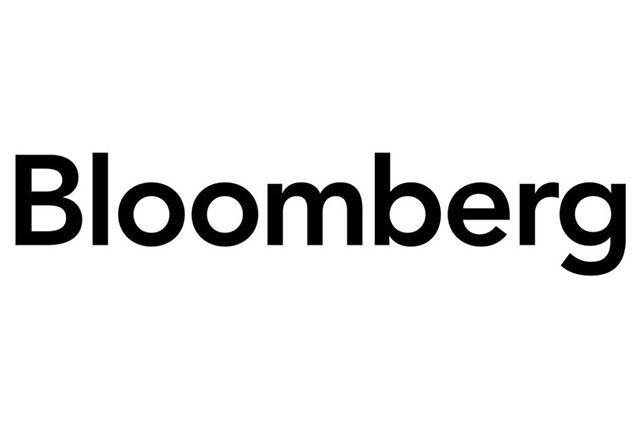-

Hear from Professor Monica Toft
Learn how Professor Monica Toft is shaping the study of global affairs and diplomacy at Fletcher.
Hear from Prof. Toft -

Explore Fletcher academics in action
Fletcher Features offers insights, innovation, stories and expertise by scholars.
Get global insights -
Get application tips right from the source
Learn tips, tricks, and behind-the-scenes insights on applying to Fletcher from our admissions counselors.
Hear from Admissions -

Research that the world is talking about
Stay up to date on the latest research, innovation, and thought leadership from our newsroom.
Stay informed -
Meet Fletcherites and their stories
Get to know our vibrant community through news stories highlighting faculty, students, and alumni.
Meet Fletcherites -

Forge your future after Fletcher
Watch to see how Fletcher prepares global thinkers for success across industries.
See the impact -

Global insights and expertise, on demand.
Need a global affairs expert for a timely and insightful take? Fletcher faculty are available for media inquiries.
Get in Touch
China's 'Great Wall of Steel' Isn't Just Idle Talk
A 2020 Foreign Affairs piece co-authored by Fletcher’s Michael Beckley examining the “superpower marathon” between the United States and China is referenced in Bloomberg.

What would it sound like if a country were getting ready to shatter the long period of great-power peace humanity has enjoyed since 1945? It might sound a lot like the ominous noises coming from Beijing today.
Recent pronouncements by the Chinese Communist Party have had a distinctly martial character. At the party’s centennial, President Xi Jinping warned that anyone who obstructs China’s “national rejuvenation” — a euphemism for its rise to the top of the global hierarchy — will “have their heads bashed bloody against a Great Wall of steel.” In mid-July, commentators from the People’s Liberation Army released a video promising to incinerate Japan with nuclear weapons if it interfered with a Chinese attack on Taiwan.
[...]
Since the beginning of the Covid-19 pandemic, if not longer, China has had the swagger of a country looking for a fight. A high-altitude brawl in the Himalayas last June killed 20 Indian soldiers and an unknown number of Chinese troops. Over the past year, the People’s Liberation Army has carried out its most extensive military exercises around Taiwan since a major crisis in the mid-1990s.
Xi has tied his own prestige to projects, such as reclaiming that island, that cannot be accomplished without coercion and force. And Beijing has been working rapidly to complete military reforms meant to allow the People’s Liberation Army to prevail in a high-tech fight with its adversaries. Chinese forces, Xi says, must be “ready for the fight, capable of combat, and sure to win.”
As Michael Beckley, a professor of international relations at Tufts University, and I have written, Xi’s China seems to be driven by a combustible mix of confidence and insecurity. When it comes to military might, China isn’t so much a rising power as a risen power. It has, or will very soon have, the ability to mount a serious attack on Taiwan and violently challenge the existing order in East Asia.

